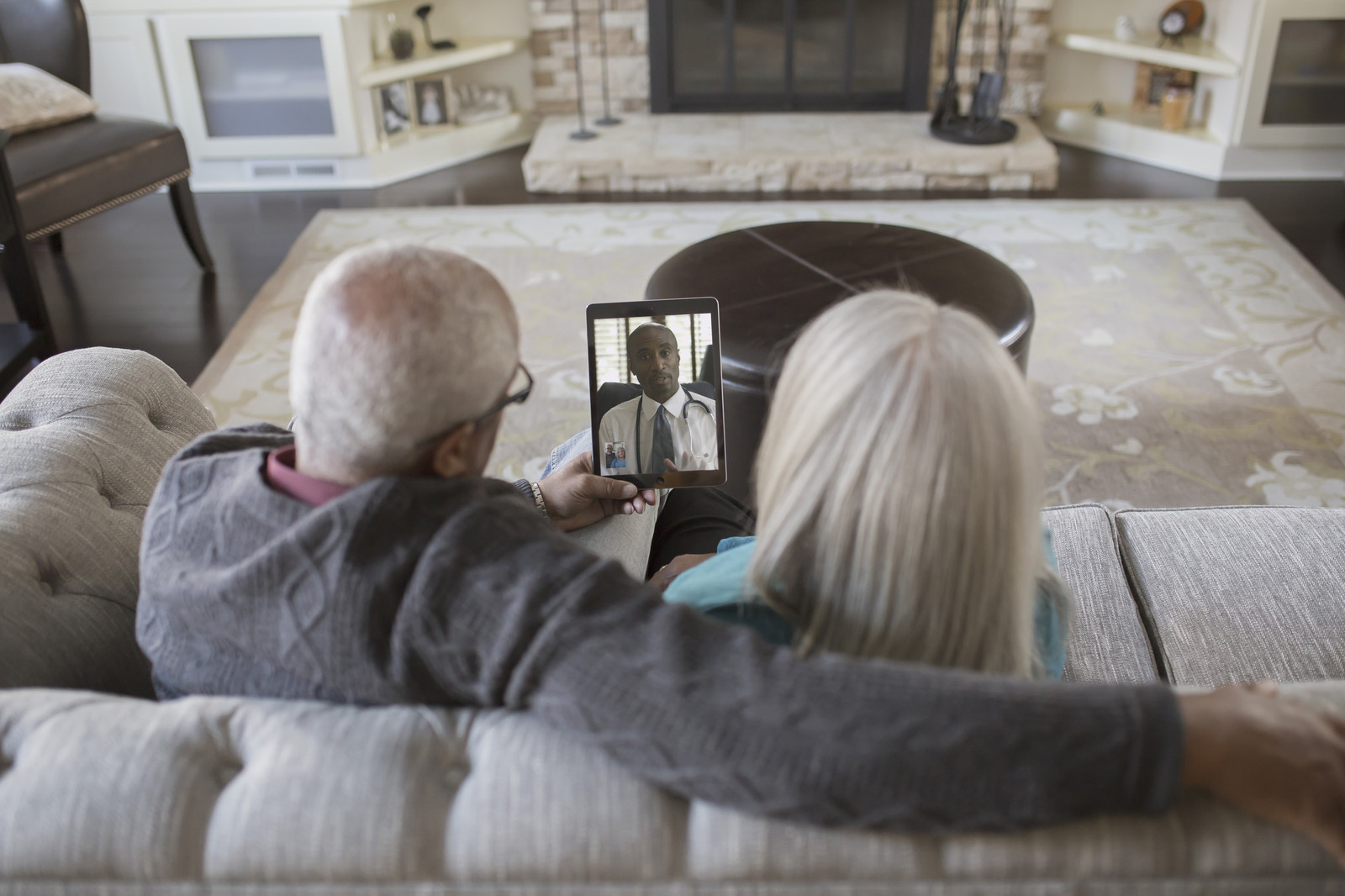COVID-19 Coronavirus and Cancer: Information for Patients and Survivors

The cancer community is facing particularly unique challenges and concerns during the COVID-19 pandemic. While anybody can get COVID-19, people living with cancer and cancer survivors may be at higher risk of health complications because cancer and cancer treatment can contribute to weakened immune systems.1 These individuals and their healthcare providers are grappling with difficult questions about how to navigate their care, including whether it is safe to continue their treatment, whether their care will be de-prioritized in a healthcare system that is strained by COVID-19 and what precautions they may take to mitigate the risk of contracting the virus.
We sat down with Pfizer Oncology Chief Medical Officer, Dany Habr, to discuss the challenges faced by people living with cancer as well as the role Pfizer is playing to support this community.
What do we know about the impact of COVID-19 on people with cancer?
Our knowledge of COVID-19 is evolving rapidly, and we are starting to learn more about its impact on people living with cancer. We can’t say with certainty today if having cancer correlates with a higher risk of infection. But, sadly, early data from China2 and Italy3 indicates a higher rate of mortality among people with cancer. One possible explanation is that people with cancer are often immuno-compromised due to their disease or its treatment, meaning their immune system is likely weaker, more impaired, and less robust than that of the average healthy adult. People with compromised immune systems are generally at a higher risk of getting infections, including viral infections such as COVID-19.4
People with cancer who are receiving treatment also interact with the health care system more frequently than the average person, so more exposure in that setting may contribute to a higher risk of getting an infection. But that is also not known with certainty at this point.5
What safeguards can people with cancer take to stay healthy?
The best preventative action is to avoid being exposed to the virus6 – and people with cancer should be extra diligent7. First, I highly recommend they adhere to all the typical cautionary measures that Pfizer and public health organizations have advised, such as washing their hands frequently with soap and water, staying home as much as possible to prevent close contact with people who may be sick and avoiding all non-essential travel.8
Second, medical societies and patient groups are encouraging people with cancer, cancer survivors, older adults, and other high-risk populations to reach out to their healthcare providers through digital channels and take advantage of telehealth services when possible to avoid going for an office visit in-person. People with cancer should also talk to their cancer care team about whether there are any additional precautions they should be taking. If someone with cancer experiences fever or other symptoms of infection, they should quickly request a comprehensive medical evaluation from their cancer care team.9
What would you say to someone who is considering changes to their treatment regimen because they are worried it may weaken their immune system and increase their risk of infection?
COVID-19 has understandably raised fears and questions among the community about how to manage care for people with cancer. There are many factors to consider when making an important decision tied to managing their treatment regimen and balancing it with lowering their infection risk, and we need to ensure optimal cancer treatment while taking the necessary precautions as mentioned earlier. While certain cancers and cancer treatments can contribute to weakened immune systems, to date there is no data to suggest that any cancer treatments increase your risk for getting COVID-19 as compared to anyone else who is exposed to the virus.10
Regardless of the type of treatment they are on, the best advice for people with cancer is to talk with their cancer care team about whether or not modifications to their treatment regimen are necessary or appropriate. Topics to discuss include the goals of treatment, the likelihood that the cancer will be controlled with the treatment being planned, the intensity and side effects of the cancer treatment, and the supportive care that is available to reduce the side effects of treatment.11
What resources are available to help address the concerns of the cancer community?
Several medical societies such as the American Society of Clinical Oncology (ASCO), the National Comprehensive Cancer Network (NCCN), the European Society for Medical Oncology (ESMO), and American Society of Hematology (ASH) have published informative guidance on their websites to help people with cancer and healthcare professionals navigate this situation. Pfizer is also developing its own set of resources, most notably the COVID-19 information center on Pfizer.com that is regularly updated with new information.
We also believe it’s critical that the industry and cancer community bring their collective medical expertise together during this time, which is why we’re in constant contact with both healthcare professionals and the broader cancer community to help address their questions on the impact of the COVID-19 pandemic on their treatment with our cancer medicines. Our Pharmacovigilance teams are closely monitoring Adverse Events reported with Pfizer medicines in people with COVID-19 to ensure any new insights are integrated into our educational efforts.
If you had one message for the cancer community during this time, what would it be?
I am so impressed with the resilience that people living with cancer, cancer survivors and the broader community have shown during these unprecedented and sometimes frightening times. It is truly inspiring. Now more than ever, we must continue to work together, support each other and maintain our sense of closeness. This is a time to lean on one another and act as one team to respond to this urgent public health challenge. I remain very hopeful that through our science, medical expertise, and collective efforts we will defeat COVID-19.